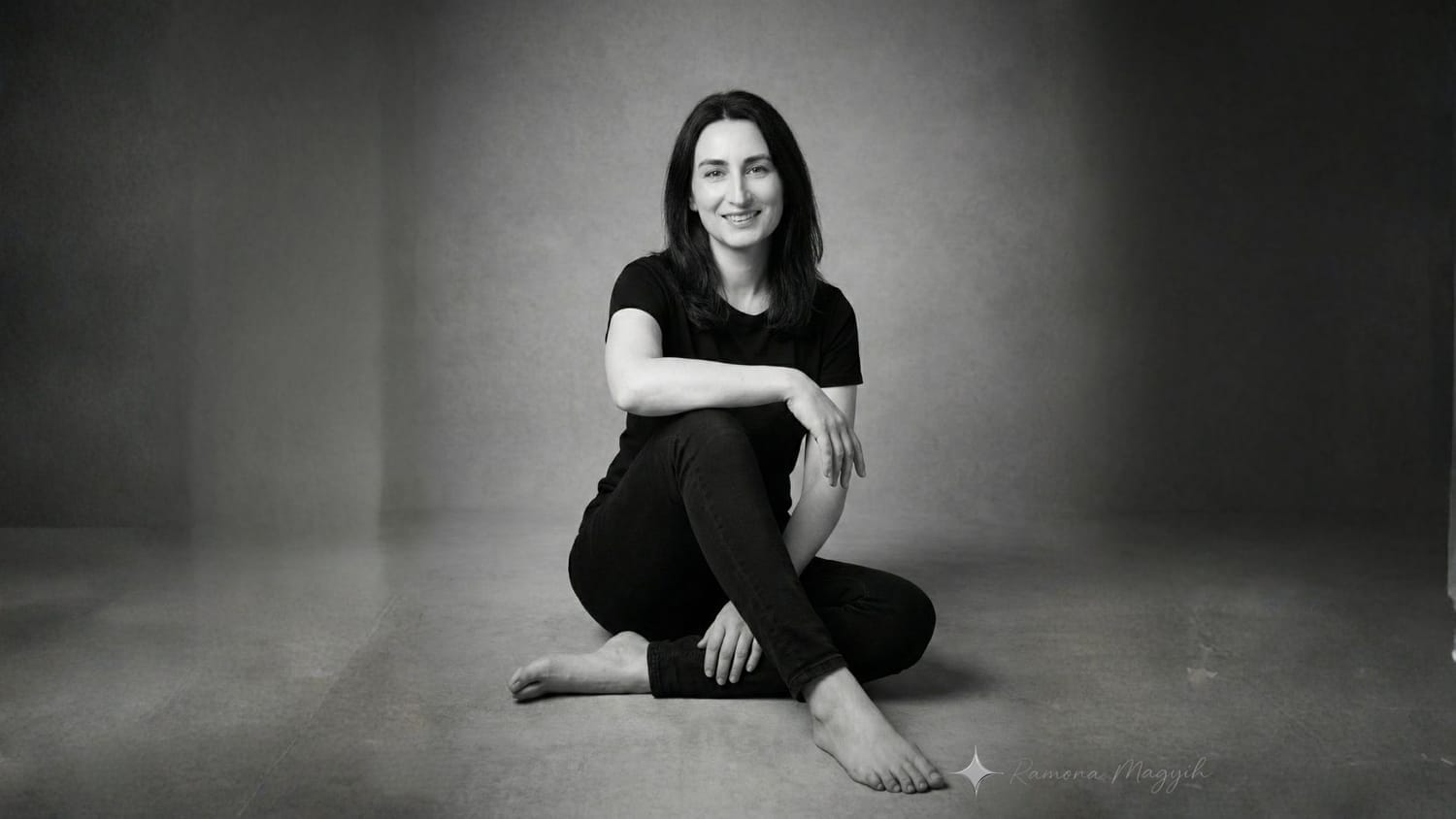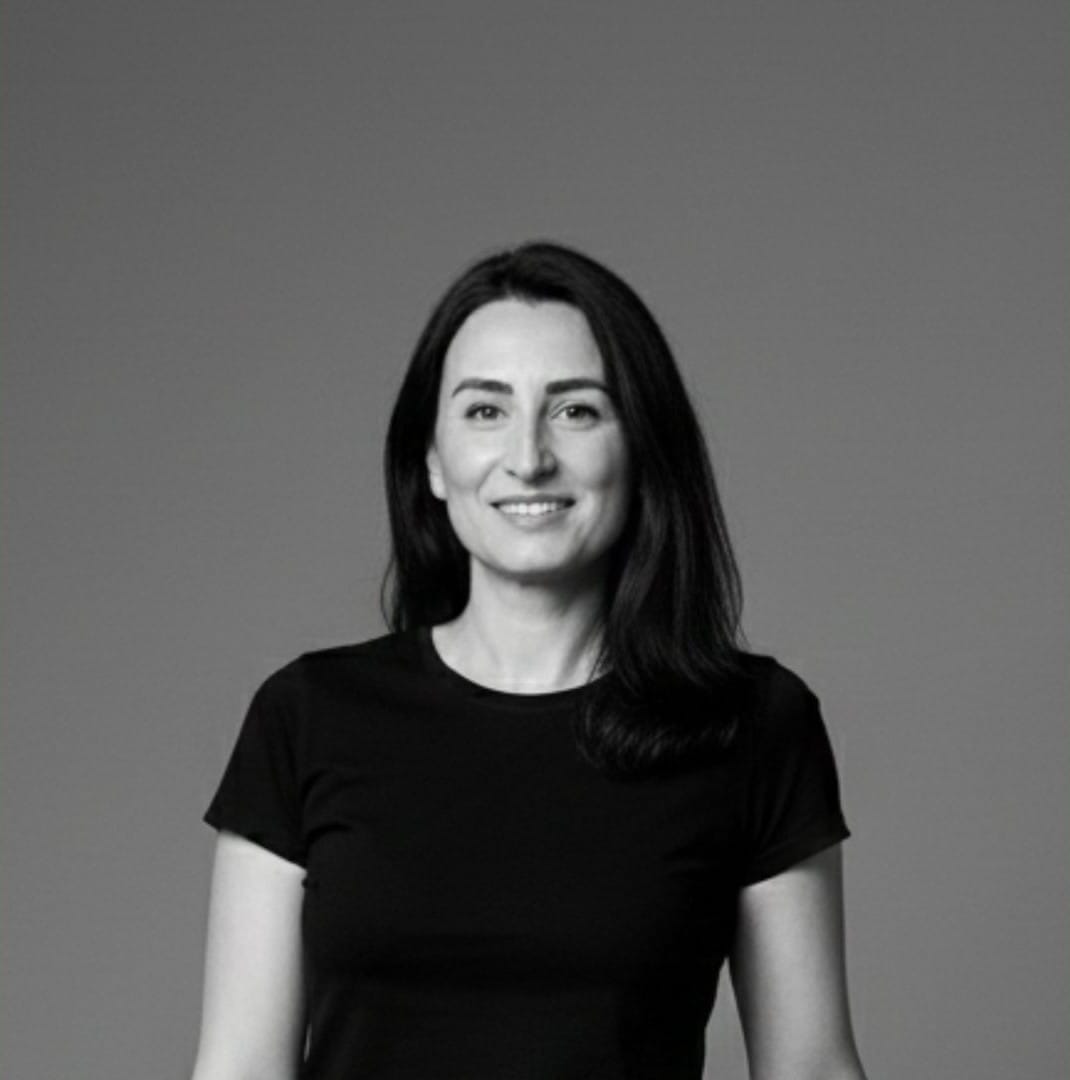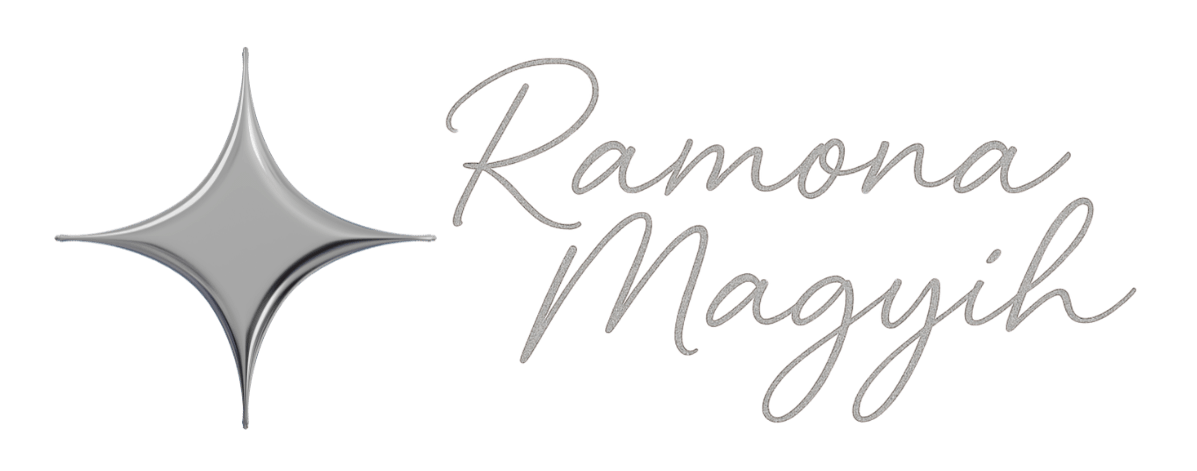How Negative Self-Talk Begins in Childhood
Negative self-talk often starts in childhood. Discover how your parents' criticism shaped your inner voice and how to reclaim it as your own. How negative self-talk starts young, when love and criticism blur, and your parents’ voices become your own. This is what it costs. Read on to see how your parents' criticism becomes the voice you live with and how to unlearn it.
When you're a kid, you internalize every word.
Criticizing your kids doesn’t make them stop loving you. It makes them stop loving themselves. Yeah. That one slices straight through, doesn’t it?
God, the first time I read that, it felt like someone turned a light on in a room I didn’t know I was trapped in. Suddenly, I could see everything...the way I spoke to myself, the guilt I carried that didn’t even belong to me, the way I flinched at compliments like they were knives.
Because that’s what happens, right? When you’re small, and the people who are supposed to love you unconditionally keep pointing out everything wrong with you, you don’t think they’re flawed. You think you are.
You think: Something in me must be wrong if they keep saying it is.
And eventually, you start picking up where they left off. You internalize the tone, the sigh, the disappointed look.
You become your own bully just to beat them to it.
You stop needing anyone to criticize you.
You’ve already memorized the script.
It’s not that you don’t love them. You love them so much it hurts.
That’s the problem.
You’d rather break yourself in half than believe they were the ones who hurt you. So you become the one who hurts you.
Over and over.
Until it feels normal.
I was ten the first time I remember shrinking. Not physically, that came later. But emotionally. I came home with a drawing I was proud of, all blues and reds and messy joy, and I held it up like it was a treasure. My father didn’t even look up from his newspaper. Just said, “You really think you have talent?” And then laughed. Not cruelly. Just… dismissively. Like I had asked something stupid.
My throat burned. I remember nodding like I agreed, folding the paper in half like it didn’t matter. But it did matter. It mattered so much I couldn’t even cry.
I just felt this deep, slow shame crawl over me.
That kind of shame lives in your body.
It lives in the body, you know. That kind of shame. It doesn’t just stay in the moment, it makes a home in your spine. In the way your shoulders hunch even when there’s no one around to scold you. In the way your jaw clenches when someone compliments you, like you’re bracing for the punchline.
It’s in your stomach, that low-level nausea every time you’re about to share something personal. It’s in the way you rehearse every sentence before you speak, editing yourself in real time so you don’t sound too proud, too needy, too much. You start calling it anxiety, but sometimes it’s not that.
That was the moment I stopped showing things I made. That was the moment I learned to keep beauty to myself, because sharing it felt dangerous. And now, even as an adult, I still hesitate before speaking up, before posting, before calling anything I do “good.” That voice, his, lives in my mouth now. I wish it didn’t.
Sometimes it’s just unprocessed humiliation, living quietly in your tissue. A shame so old it feels like your personality.

Healing is unlearning all of that.
It’s realizing that the voice in your head isn’t you, it’s something you inherited.
It’s learning to speak to yourself like someone worth loving, even when that feels fake, even when every bone in your body wants to reject it.
Healing doesn’t look like triumph. It looks like pausing mid-sentence and trying again, softer this time. It looks like noticing when the voice in your head calls you pathetic and whispering back, No, I'm not. It looks like standing in front of the mirror and not saying anything cruel. Just standing. Just staying.
Sometimes healing is as small as unclenching your jaw or letting your shoulders drop. Sometimes it’s writing something and not deleting it. Sometimes it’s letting yourself want. Letting yourself need. Letting yourself be seen even when you’re shaking. The work is slow, and boring, and beautiful. You won’t always feel brave. You won’t always get it right. But every time you choose presence over punishment, you’re doing it. You’re building something back. Quietly. Unsteadily. But still.
That quote hits hard because it’s true. Criticism doesn’t make kids stop loving their parents. It makes them stop trusting themselves. And that wound echoes for decades.
But the beautiful, brutal thing about awareness?
Once you see it, you can’t unsee it. And once you see it, you can begin to speak differently. To your own inner child. To your actual child. To yourself.
With softness.
With repair.
With a love that doesn’t have to be earned.
Join me here and make peace with the part of you that’s still scared.

HEY, I’M RAMONA…
... And I write for women who shut down instead of breaking down, women who overthink everything, say nothing, and carry their whole life quietly inside.
I don’t write for the confident part of you. I write for the trembling one.
The overthinking one.
The one who apologizes before they breathe.
The one who’s been “strong” for so long, it became a kind of loneliness.
I don’t write for virality. I write for recognition. For the moment, someone whispers, “I didn’t know anyone else felt this.”
That is the metric I serve.
I hope my words and thoughts connect with you.
Let’s understand and heal the part of you that panics, shuts down, or attacks itself. Start with whatever feels gentlest.
contact@startsera.com
LET'S CONNECT
NEWSLETTER
Subscribe to be friends and stay in touch.
© Copyright Zontap 2025-2026 | Cookies Policy | Privacy Policy | Terms of use|
Created with © Systeme.io




